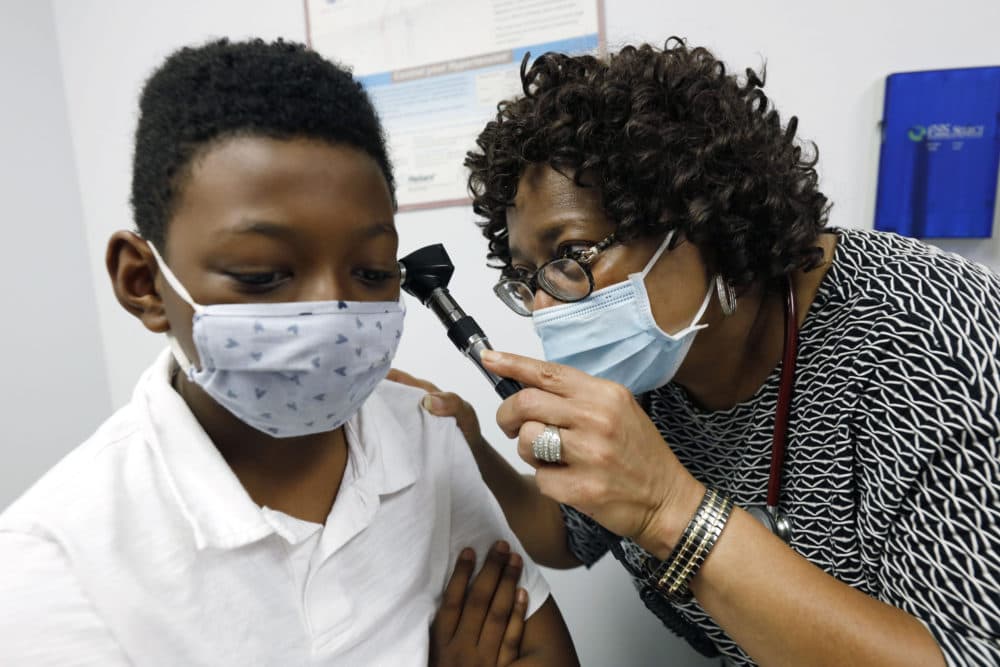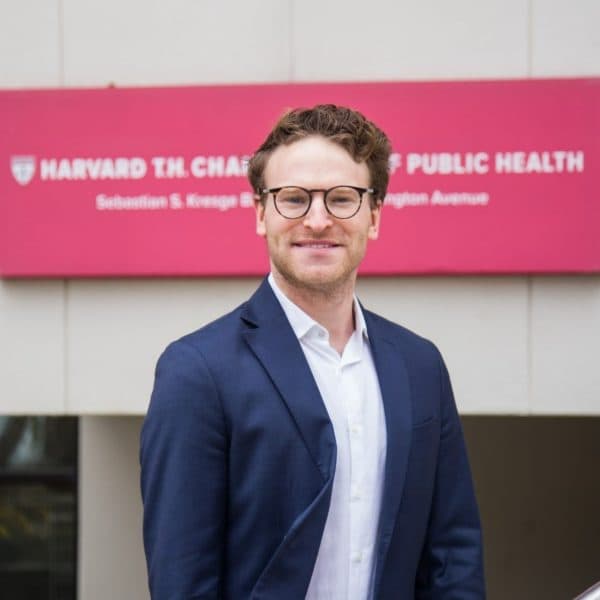Advertisement
Commentary
Training for doctors hasn't changed much since 1889. It's time for an update

We need to rethink how we train our doctors.
Today, like every third Friday of March, will help set the future of American health care. Approximately 45,000 American medical students get matched to training institutions across the U.S.
The "Match" is one of the most famous professional selection processes around the world and matches medical graduates with training institutions, according to their respective preferences. The process determines where medical graduates will conduct their medical specialty training and profoundly impacts their future professional and personal lives. But it doesn't just affect them; it affects the health and wellbeing of every American. Friday marks the 70th birthday of the match program, celebrated across the country, and it invites us all to reflect on the design of the current residency programs.
Formal residency training programs date to 1889, but despite radical innovation in science and medicine, the structure of training has barely changed. Residencies are mostly still hospital-based, within the borders of a single country. Medicine, however, has become increasingly globalized, and today's physicians require cross-cultural knowledge and understanding that reaches beyond the boundaries of their medical practice. The pandemic showed us how interconnected in medicine we are and how we not only can, but must, learn from each other to tackle future medical emergencies and challenges.
The pandemic showed us how interconnected in medicine we are and how we not only can, but must, learn from each other ...
We need to train, teach and connect our medical residents far beyond hospital borders. First, there are immense learning opportunities for doctors beyond the walls of our hospitals. Second, academic research has shown an unprecedented interest in international electives among medical residents. Third, hospitals would also benefit from international exchanges. The shared skills and knowledge would provide better insights, foster creativity in medical practice, offer a global lens on medicine and ultimately, improve the quality of health care delivery in our own country.
But international training is not easy. In fact, it is almost impossible for many residents. Take it from me: As a former resident in general surgery, I participated in an international rotation in Ouagadougou, the capital of Burkina Faso.
I made cold calls to health care organizations. I sent emails to different people on the same team in Ouagadougou. I made long-distance phone calls. I had to find my own living arrangements and negotiate my involvement. In all, it took a year and a half to arrange a 14-day rotation.
Advertisement
But the juice was worth the squeeze. Those two weeks enabled me to grow on a personal, professional and human level. After I returned to my home institution, innumerable peers asked me how they could organize an international rotation for themselves. Some regulatory barriers limit international training opportunities, such as medical licensing and the validation of foreign diplomas. However, these can easily be overcome with the correct administration. Furthermore, observerships and other non-clinical rotations do not need licensing.
[I]t took a year and a half to arrange a 14-day rotation.
The first formal medical residency training was established in 1889 at Johns Hopkins Hospital by pathologist William Henry Welch, surgeon William Stewart Halsted, internist William Osler and gynecologist Howard Kelly. They realized the need for additional hands-on training before practicing medicine. Residency programs were aimed to provide advanced medical training in various areas of medicine, but only at the hospital level. They were called "residents" because initially, physicians lived in the hospitals.
This form of postgraduate specialty training was progressively adopted internationally and still defines specialist medicine and practice fundamentals. In many countries, medical licensure is contingent on the successful completion of residency training. So it is no surprise that the quality of one nation's residency training has a profound impact on the future of medical practice and medicine in general.
Let's open the gates of our hospitals. Let's allow our future doctors to engage in international rotations, gaining expertise around the world and fostering equity in educational opportunities. It is time to evolve.
